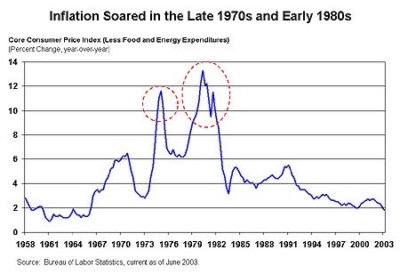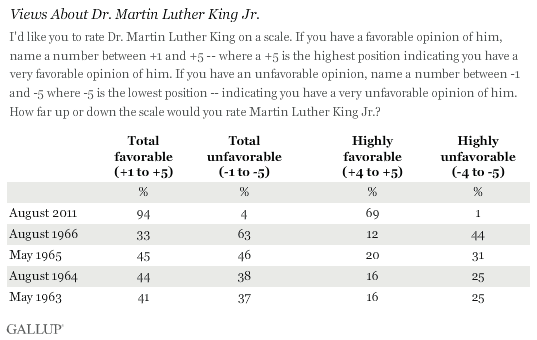For Wednesday, read Schatzinger and the Vogel-Goldmacher article that I emailed you this morning.
Federal spending in 2020 cycle: $14.4 billion
Milestones
- FECA 1971 and 1974
- Buckley v. Valeo and the part of the decision that allowed for Bloomberg (Hershey 274):
- 2. Limitation on Expenditures by Candidates from Personal or Family Resources. The Act also sets limits on expenditures by a candidate "from his personal funds, or the personal funds of his immediate family, in connection with his campaigns during any calendar year." ... The primary governmental interest served by the Act -- the prevention of actual and apparent corruption of the political process -- does not support the limitation on the candidate's expenditure of his own personal funds. As the Court of Appeals concluded:" Manifestly, the core problem of avoiding undisclosed and undue influence on candidates from outside interests has lesser application when the monies involved come from the candidate himself or from his immediate family."171 U.S.App.D.C. at 206, 519 F.2d at 855. Indeed, the use of personal funds reduces the candidate's dependence on outside contributions, and thereby counteracts the coercive pressures and attendant risks of abuse to which the Act's contribution limitations are directed. [Footnote 59] The ancillary interest in equalizing the relative financial resources of candidates competing for elective office, therefore, provides the sole relevant rationale for § 608(a)'s expenditure ceiling. That interest is clearly not sufficient to justify the provision's infringement of fundamental First Amendment rights. First, the limitation may fail to promote financial equality among candidates. A candidate who spends less of his personal resources on his campaign may nonetheless outspend his rival as a result of more successful fundraising efforts. Indeed, a candidate's personal wealth may impede his efforts to persuade others that he needs their financial contributions or volunteer efforts to conduct an effective campaign. Second, and more fundamentally, the First Amendment simply cannot tolerate § 608(a)'s restriction upon the freedom of a candidate to speak without legislative limit on behalf of his own candidacy. We therefore hold that § 608(a)'s restriction on a candidate's personal expenditures is unconstitutional.
- "Magic Words," Footnote 52 and Soft Money (Hershey 275-276)
- Colorado I and II: party coordinated and independent expenditures
- BCRA and McConnell v. FEC: "We are under no illusion that BCRA will be the last congressional statement on the matter. Money, like water, will always find an outlet."
- Bundling -- at the state level
- Citizens United and SpeechNow -- also big impact on state and local elections
- McCutcheon v. FEC and "victory committees," joint fundraising committees (or JFCs)
- IRS approves 501(c)(4) status of Crossroads GPS -- just in time for the successor organization, One Nation
FEC limits and special party rules
Outside spending: an overview
Following the Money










